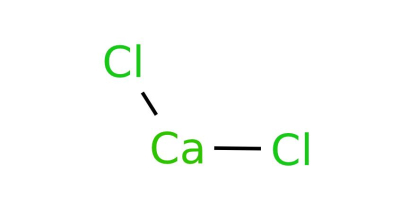Acrylic Emulsion
Emulsion stability: Acrylic emulsions contain an appropriate amount of surfactant to form a stable emulsion, preventing separation.
Safety and environmental protection: Acrylic emulsions contain no organic solvents, are water-based, and are harmless to the environment and human health.
Good gelling properties: Acrylic emulsions have excellent gelling properties, forming a strong, durable adhesive layer after drying.
High tunability: The properties of acrylic emulsions can be modified to meet different application requirements by adjusting factors such as the amount of acrylic acid added, the type and concentration of surfactant, and other factors.
Acrylic emulsion is a milky white or nearly transparent viscous liquid. Formed by the copolymerization of pure acrylic ester monomers, it is a small-particle, versatile, and high-performance emulsion suitable for a wide range of coating formulations. It exhibits outstanding water and weather resistance, particularly in high-gloss and semi-gloss coatings. Acrylic emulsions offer excellent water, alkali, and stain resistance, and excellent adhesion to masonry, wood, and steel surfaces. They are suitable for formulating not only matte, semi-gloss, and high-gloss latex paints, but also high-quality flooring, cement tile, and tennis court finishes.
| English name | Acrylic Emulsion |
| Appearance | Light white, translucent emulsion |
| Viscosity | (CP25) 300-1000 |
| Solids content | 49% |
| pH | 8.5 |
| Tg | 105 |
| Acid value | 55 |
| Ice-thaw stability | Stable |
| Color | Milk-white or nearly transparent viscous liquid |
| Storage | Store in a cool, dry place |
Acrylic emulsions are widely used in a variety of applications.
Acrylic emulsions are widely used in architectural coatings, textile coatings, paper treatment, adhesives, inks, and paint additives. They can be used for coating and protection of furniture, flooring, wall coverings, and paper, as well as for waterproofing and stain-resistant textiles. They can be used as adhesives, coating bases, glues, and plasticizers. Acrylic emulsions also provide excellent water resistance, weather resistance, and stain resistance in coatings, improving the coating's lifespan and quality.














